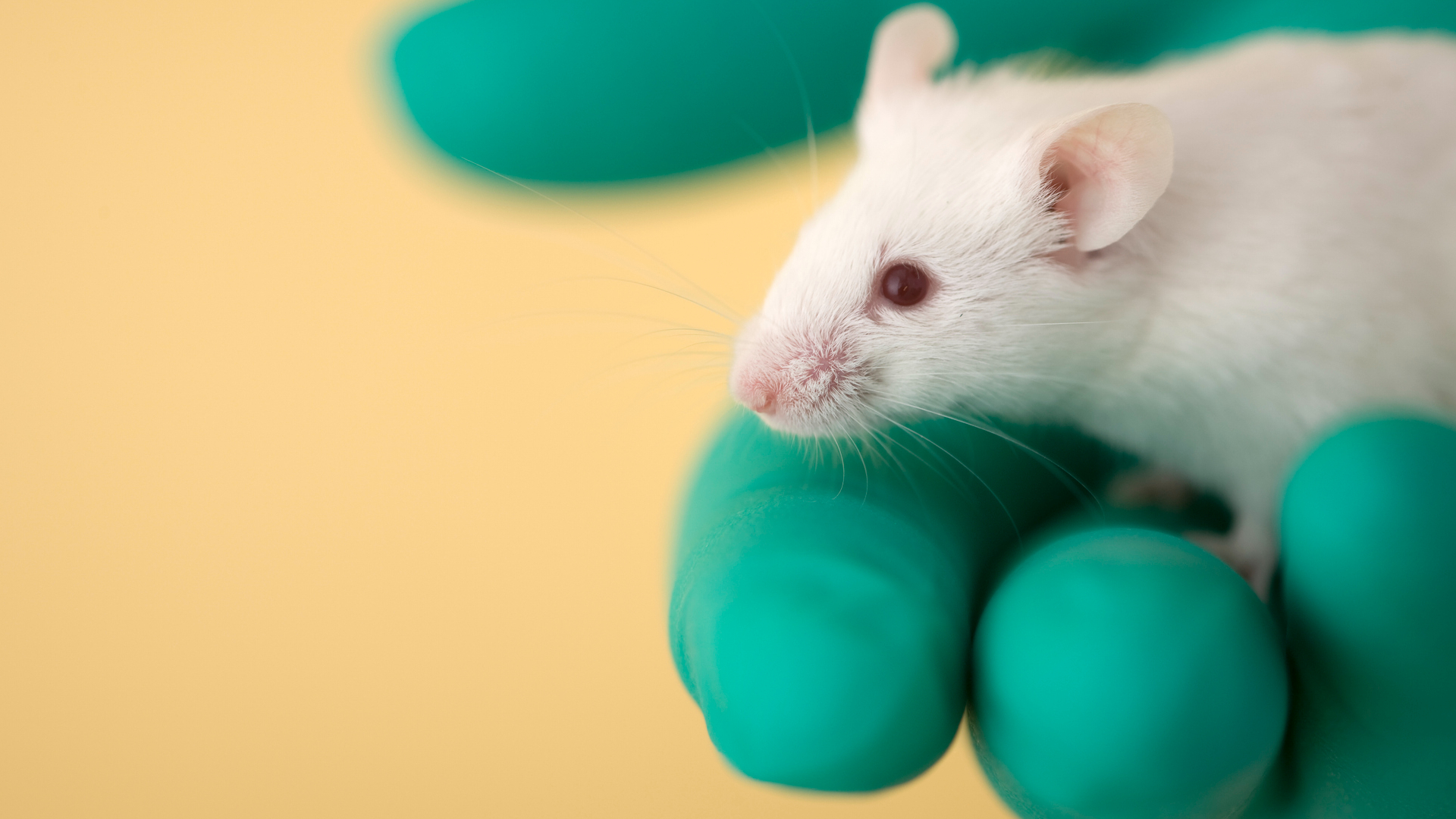How to Give Better Gifts, According to Science

Get the world’s most fascinating discoveries delivered straight to your inbox.
You are now subscribed
Your newsletter sign-up was successful
Want to add more newsletters?

Delivered Daily
Daily Newsletter
Sign up for the latest discoveries, groundbreaking research and fascinating breakthroughs that impact you and the wider world direct to your inbox.

Once a week
Life's Little Mysteries
Feed your curiosity with an exclusive mystery every week, solved with science and delivered direct to your inbox before it's seen anywhere else.

Once a week
How It Works
Sign up to our free science & technology newsletter for your weekly fix of fascinating articles, quick quizzes, amazing images, and more

Delivered daily
Space.com Newsletter
Breaking space news, the latest updates on rocket launches, skywatching events and more!

Once a month
Watch This Space
Sign up to our monthly entertainment newsletter to keep up with all our coverage of the latest sci-fi and space movies, tv shows, games and books.

Once a week
Night Sky This Week
Discover this week's must-see night sky events, moon phases, and stunning astrophotos. Sign up for our skywatching newsletter and explore the universe with us!
Join the club
Get full access to premium articles, exclusive features and a growing list of member rewards.
Most people have gotten bad gifts: that fruitcake you didn't ask for or that tie you'll never wear.
Now, a group of marketing researchers has investigated exactly what makes a bad gift and the reasons people buy such presents for their loved ones in the first place.
The researchers suggested that one reason for bad gifts is that the giver and the recipient focus on different things. The giver focuses on the moment of the exchange, wanting to surprise or impress the recipient, while the recipient focuses on the long-term usefulness or practically of the gift. [The Best Health and Fitness Gifts 2016]
"What we found was that the giver wants to 'wow' the recipient and give a gift that can be enjoyed immediately, in the moment, while the recipient is more interested in a gift that provides value over time," study researcher Jeff Galak, an assistant professor of marketing at Carnegie Mellon University's Tepper School of Business, said in a statement. "We are seeing a mismatch between the thought processes and motivations of gift givers and recipients."
For example, there are times when a vacuum cleaner, which doesn't typically have a "wow" factor, would actually be a really good gift, because it would be used for a long time, Galak said.
In a new paper, the researchers reviewed studies on gift-giving errors, looking for commonalities among them. The analysis showed that this tendency to focus on the moment of exchange versus the long-term usefulness of the gift explained many of the errors. Some of the mistakes included:
- Giving unrequested gifts in an attempt to surprise the recipient, when in fact, the recipient would prefer a not-surprising gift that he or she had requested in a wish list
- Focusing on tangible gifts that can be used immediately, when a recipient might really prefer an experiential gift, like theater tickets, that would result in more enjoyment later on
- Choosing a socially responsible gift, like a donation to a charity in the recipient's name in the belief that the recipient will feel a "warm glow" from the donation, when in reality, the individual would prefer gifts he or she can use
- Giving expensive gifts in an attempt to show thoughtfulness when, in fact, the price of a gift does not necessarily predict how much the recipient will use or enjoy the present
To choose better gifts, the researchers advised that people try to empathize with the gift recipient and think about gifts the individual would find useful over the long term, or during ownership of the gift. [5 Scientifically Proven Ways to Make Your Gifts Meaningful]
Get the world’s most fascinating discoveries delivered straight to your inbox.
"We exchange gifts with the people we care about, in part, in an effort to make them happy and strengthen our relationships with them," Galak said. "By considering how valuable gifts might be over the course of the recipient's ownership of them, rather than how much of a smile it might put on recipients' faces when they are opened, we can meet these goals and provide useful, well-received gifts."
Original article on Live Science.

Rachael is a Live Science contributor, and was a former channel editor and senior writer for Live Science between 2010 and 2022. She has a master's degree in journalism from New York University's Science, Health and Environmental Reporting Program. She also holds a B.S. in molecular biology and an M.S. in biology from the University of California, San Diego. Her work has appeared in Scienceline, The Washington Post and Scientific American.
 Live Science Plus
Live Science Plus










